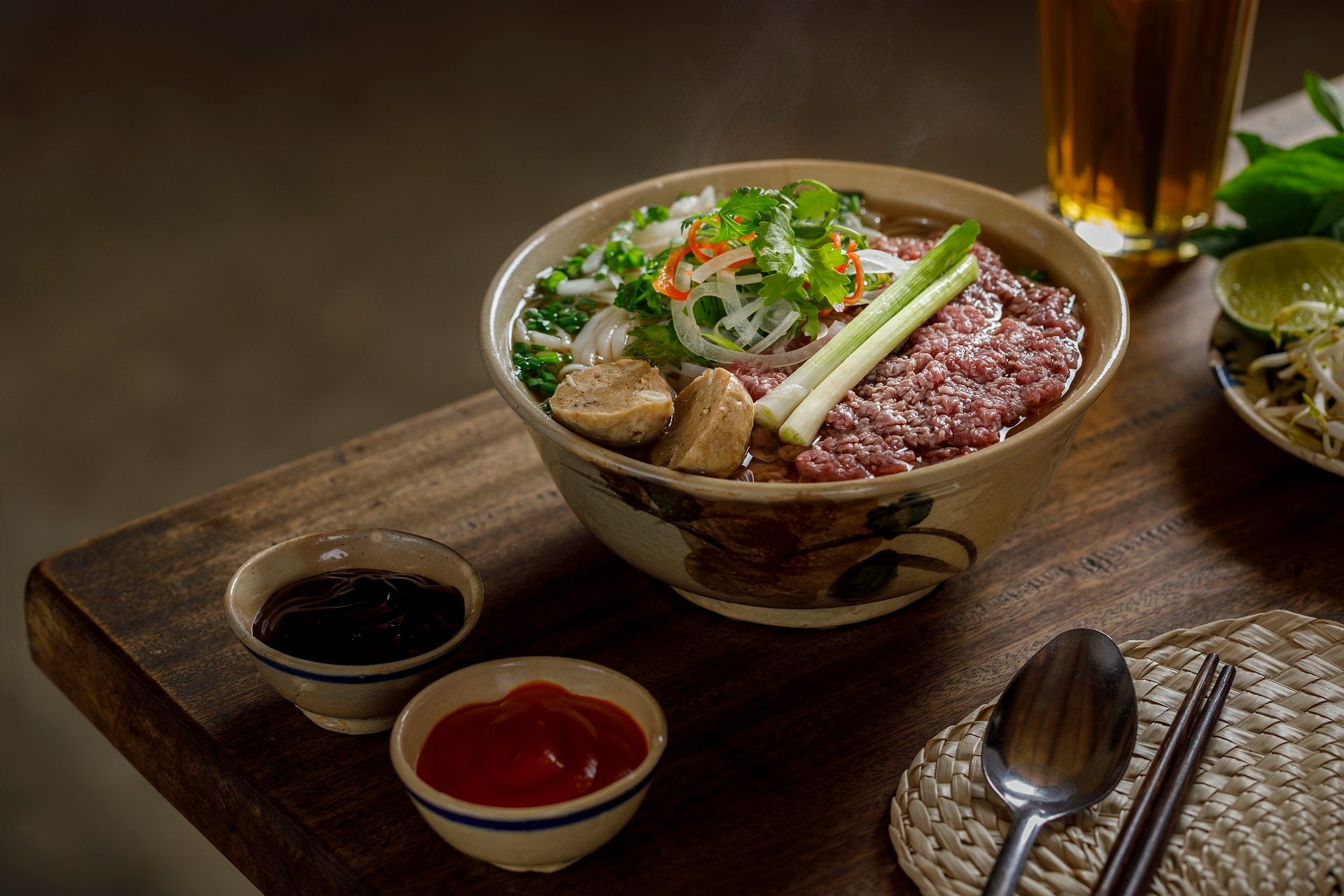Is Vietnam safe for travelers? It’s a question that many people have on their minds when planning a trip to this Southeast Asian country. In this blog post, we’ll explore the current state of safety in Vietnam and provide tips for staying safe during your visit.
Vietnam is a beautiful and culturally rich country that is becoming an increasingly popular destination for travelers. While Vietnam is generally a safe place to visit, it is important for travelers to be aware of some potential safety concerns and take necessary precautions to ensure a safe and enjoyable trip.
Crime
One potential safety concern in Vietnam is the risk of crime, particularly in larger cities like Ho Chi Minh City and Hanoi. While the overall crime rate in Vietnam is relatively low, incidents of pickpocketing and petty theft can occur, especially in crowded areas such as markets and tourist attractions. To reduce the risk of being targeted by thieves, it is advisable to keep a close eye on personal belongings and to avoid carrying large amounts of cash or valuable items.
In terms of personal safety, Vietnam is generally a safe place for solo travelers, but it is always a good idea to be aware of your surroundings and to avoid walking alone at night in unfamiliar areas. It is also advisable to avoid accepting drinks from strangers, as there have been instances of tourists being drugged and robbed.
Traffic accidents
Another safety concern in Vietnam is the risk of traffic accidents, which can be high due to the high volume of motorbikes on the roads and a lack of strict traffic laws. It is important to be cautious when crossing the street and to wear a helmet if riding a motorbike. It is also advisable to use reputable and licensed transportation services and to avoid using unlicensed taxis or motorbike taxis.
Health and safety
There are also some health and safety concerns to be aware of in Vietnam, such as the risk of contracting infectious diseases. It is important to take necessary precautions to protect against mosquito-borne diseases like malaria and dengue fever, such as
- Use insect repellent: Use a mosquito repellent that contains DEET, picaridin, or oil of lemon eucalyptus on exposed skin to help prevent mosquito bites.
- Wear protective clothing: Wear long-sleeved shirts, long pants, and closed-toe shoes to reduce the amount of exposed skin.
- Stay in accommodations with screens or air conditioning: Mosquitoes that carry dengue fever are more likely to be found outdoors, so staying in accommodations with screens or air conditioning can help reduce the risk of being bitten.
- Avoid standing water: Mosquitoes that carry dengue fever breed in standing water, so avoid standing water when possible and dispose of any standing water in your immediate surroundings.
- Use mosquito nets: If you are staying in a place that does not have screens or air conditioning, use a mosquito net to protect yourself while sleeping.
By following these precautions, you can significantly reduce your risk of contracting malaria and dengue fever while traveling in Vietnam. If you do develop any symptoms of malaria or dengue fever, such as high fever, severe headache, muscle and joint pain, or rash, it is important to seek medical attention as soon as possible.
It is also advisable to avoid consuming street food and to only drink bottled water to reduce the risk of food poisoning.
Women safety
For women traveling in Vietnam, it is important to be aware of the potential for harassment and to take necessary precautions to protect yourself. While incidents of sexual assault and harassment are rare in Vietnam, it is still advisable to be cautious and to avoid walking alone at night in unfamiliar areas. It is also a good idea to dress modestly and to avoid accepting drinks from strangers, as there have been instances of tourists being drugged and robbed.
Children safety
Children traveling in Vietnam may be at a higher risk of accidents due to the high volume of motorbikes on the roads and a lack of strict traffic laws. It is important to be cautious when crossing the street and to ensure that children are properly supervised at all times. It is also advisable to use reputable and licensed transportation services and to avoid using unlicensed taxis or motorbike taxis.
LGBTQ+ safety
For LGBTQ+ travelers, Vietnam is generally a safe place to visit, and attitudes towards the LGBTQ+ community are becoming more accepting. However, it is important to be aware that homosexuality is not legally recognized in Vietnam and that public displays of affection between same-sex couples may be met with disapproval. It is advisable for LGBTQ+ travelers to be discreet and to avoid any behavior that may be considered inappropriate or offensive in Vietnam.
Despite these potential safety concerns, Vietnam is generally a safe place to visit for travelers who take necessary precautions and use common sense. By being aware of potential risks and taking simple precautions, travelers can have a safe and enjoyable trip to Vietnam.



